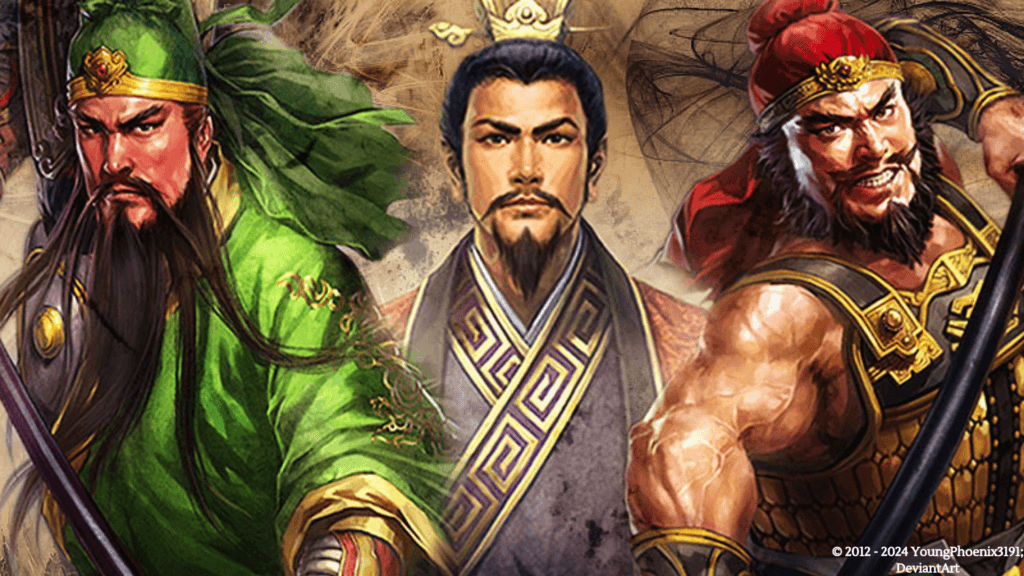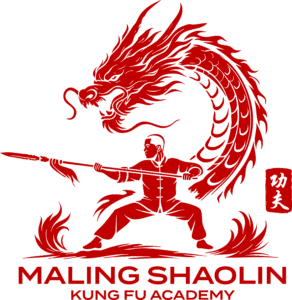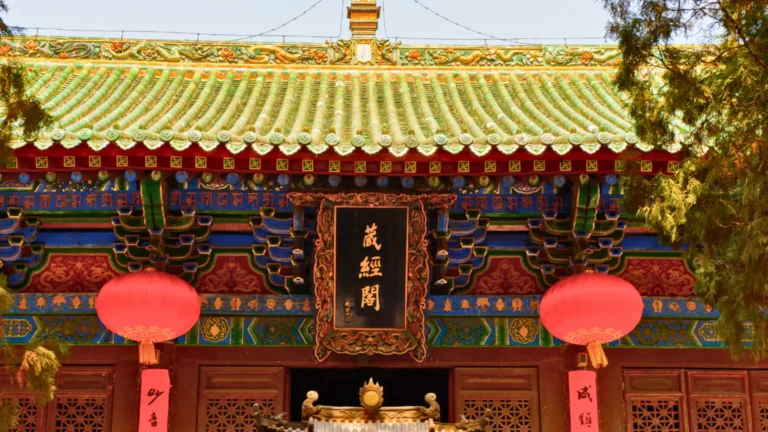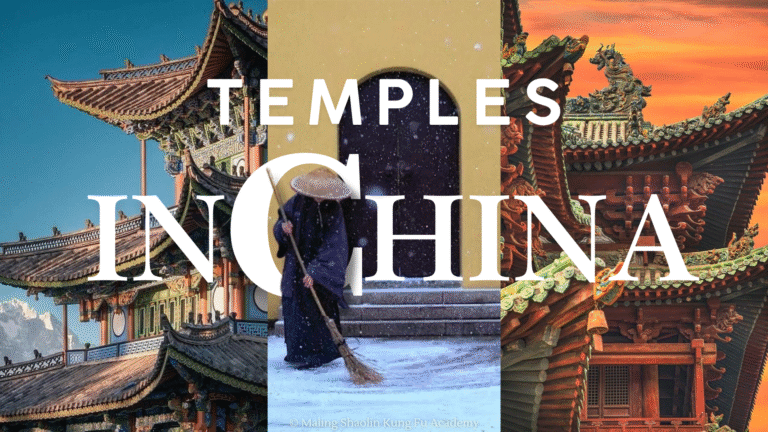
In the annals of Chinese history and mythology, few figures loom as large as 关羽 (Guan Yu). Renowned for his unwavering loyalty, indomitable courage, and martial prowess, Guan Yu is celebrated as a paragon of heroism and virtue, revered by millions as a deity of war and righteousness. Join us as we delve into the life and legacy of this iconic figure, exploring his role in history, mythology, and popular culture.
The Life of Guan Yu
Guan Yu was born in the late Han Dynasty (c. 160–219 CE) in what is now Shanxi Province, China. Little is known about his early life, but according to historical records and folklore, he was a skilled warrior from a young age and became known for his exceptional strength, courage, and integrity.
Guan Yu rose to prominence during the turbulent period of the Three Kingdoms era, a time of civil war and political upheaval in China. He forged a bond of brotherhood with Liu Bei and Zhang Fei that would shape the course of history, pledging his loyalty to Liu Bei and serving as one of his most trusted generals and advisors throughout the chaotic years of the Three Kingdoms period. Guan Yu’s military exploits and unwavering loyalty made him a legend on the battlefield, earning him the title “Saint of War” and immortalizing his legacy for generations to come.
Military Exploits
Guan Yu is best known for his military exploits and battlefield achievements. He played a pivotal role in Liu Bei’s campaigns to restore the Han Dynasty and unify China under his rule. Guan Yu is revered for his legendary feats of bravery and leadership, including the famous Battle of Boma, where he defeated the warlord Cao Cao’s forces despite being heavily outnumbered.
Guan Yu in the Romance of the Three Kingdoms

One of the most enduring depictions of Guan Yu’s life and adventures can be found in the classic Chinese novel “Romance of the Three Kingdoms.” Written by Luo Guanzhong in the 14th century, this epic saga chronicles the power struggles and intrigue of the Three Kingdoms era, portraying Guan Yu as a larger-than-life hero whose deeds are the stuff of legend.
In the novel, Guan Yu is depicted as a paragon of loyalty, honor, and martial virtue, serving as a stalwart ally and sworn brother to Liu Bei and Zhang Fei. His legendary oath of brotherhood with Liu Bei and Zhang Fei at the Peach Garden is one of the most iconic scenes in the novel, symbolizing their bond of brotherhood and commitment to righteousness.
Throughout the novel, Guan Yu’s martial prowess and unwavering integrity are put to the test as he navigates the treacherous political landscape of the Three Kingdoms. From his epic battles against the warlord Cao Cao to his fateful duel with rival general Lu Bu, Guan Yu’s exploits are portrayed with epic grandeur and dramatic flair, cementing his status as a hero of mythic proportions.
Legacy and Cultural Influence
Guan Yu’s legacy extends far beyond the pages of history and literature, permeating every aspect of Chinese culture and society. His image is revered in temples and shrines across China, where he is worshipped as a deity of war and protection. His legendary deeds have inspired countless works of art, literature, and popular culture, from classic Chinese opera to modern films and video games.
In conclusion, 关羽 (Guan Yu) remains a towering figure in Chinese history and mythology, revered as a symbol of loyalty, honor, and martial virtue. His story continues to captivate audiences around the world, serving as a timeless reminder of the power of courage, integrity, and brotherhood. As we celebrate his legacy, let us honor the spirit of Guan Yu and strive to embody his noble virtues in our own lives.





